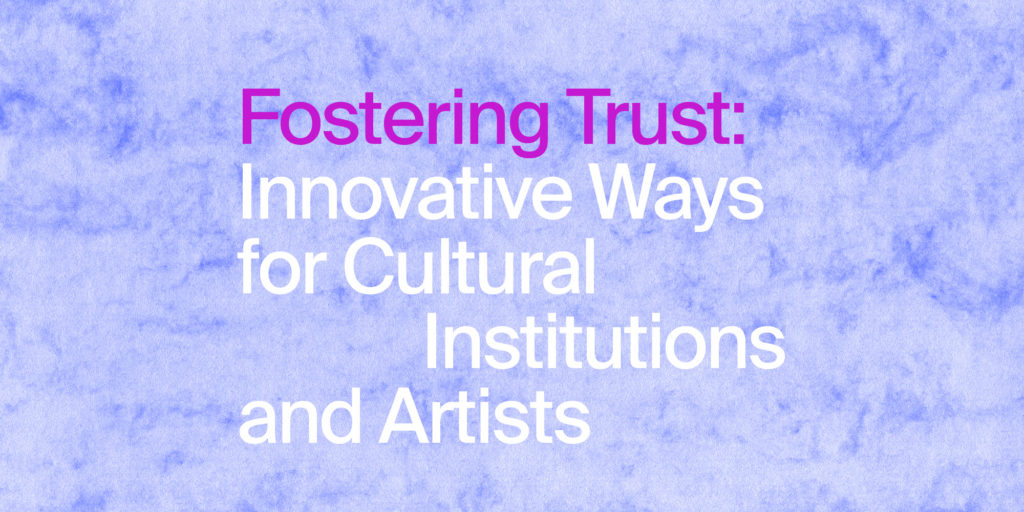Live on Zoom, a recording is below
April 4, 12pm PT; 9pm CET
In the face of growing international tensions and national social polarization, art and culture have become contested fields. As the current war in Ukraine shows, cultural institutions can both contribute to international understanding and mutual appreciation but also be misused for state propaganda that masks current realities. In view of today’s multiplying national and international divisions, how can exchange and collaboration be employed most effectively to build the trust that makes constructive joint action possible?
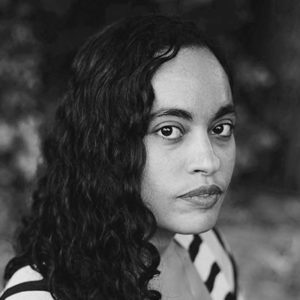
Chloë Bass is a New York-based multiform conceptual artist working in performance, situation, conversation, publication, and installation. Her work uses daily life as a site of deep research to address scales of intimacy: where patterns hold and break as group sizes expand. Chloë has held numerous fellowships and residencies: she is a 2020 – 2022 Faculty Fellow for the Seminar in Public Engagement at the Center for Humanities (CUNY Graduate Center), a 2020 – 2022 Lucas Art Fellow at Montalvo Art Center, and was a 2019 Art Matters Grantee. She is an Assistant Professor of Art at Queens College, CUNY.
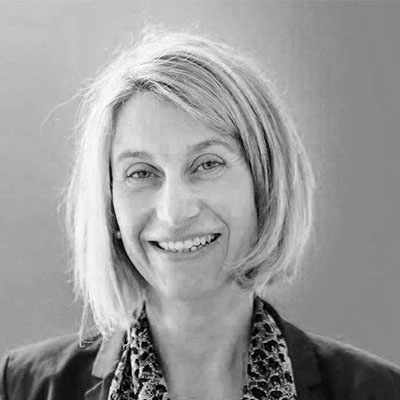
Sunhild Kleingärtner is a German historian and archaeologist. From 2013 to 2021 she was Director of the German Maritime Museum Bremerhaven and Professor of Maritime History and Maritime Archaeology at the University of Bremen. In 2022 she is a Fellow at the Thomas Mann House in Los Angeles, working on trust in museums and how museums can actively contribute to a resilient society.
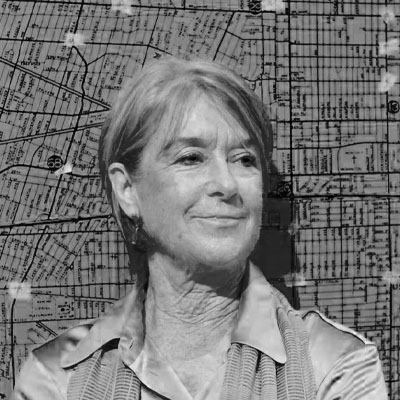
Suzanne Lacy is renowned as a pioneer in socially engaged and public performance art. Her installations, videos, and performances deal with sexual violence, rural and urban poverty, incarceration, labor and aging. Lacy’s large-scale projects span the globe, including England, Colombia, Ecuador, Spain, Ireland and the U.S. In 2019 she had a career retrospective at the San Francisco Museum of Modern Art and at Yerba Buena Art Center. She is a professor at the Roski School of Art and Design at the University of Southern California and a resident artist at 18th Street Arts Center.
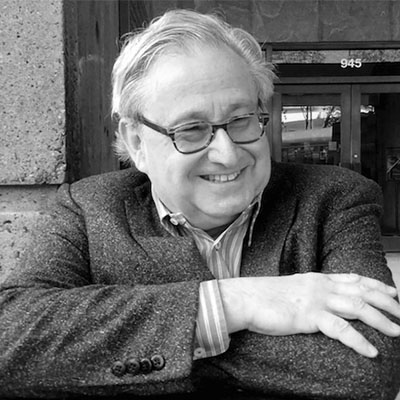
Steven D. Lavine served as President of the California Institute of the Arts for 29 years, becoming President Emeritus in 2017. Before coming to CalArts, Lavine served as an Assistant Professor of English and American Literature at the University of Michigan (1974-1981) and as Assistant and then Associate Director of Arts and Humanities at the Rockefeller Foundation (1981-1988). Steven Lavine is now Chair of the Advisory Board of the Thomas Mann House and a Board member of the Los Angeles Review of Books, the American University in Rome, and the Cotsen Foundation for the Art of Teaching. He has been honored with the Cross of the Order of Merit of the Federal Republic of Germany, and Mexico’s Othli Award.

Gregory Sholette is an artist, activist and author based in New York. A member of Gulf Labor Coalition and co-founder of two artists’s collectives: Political Art Documentation and Distribution (1980–88) and REPOhistory (1989–2000), he is the author of Delirium and Resistance (Pluto, 2017), Dark Matter: Art and Politics in the Age of Enterprise Culture (Pluto, 2010) and co-editor of Art as Social Action (Allworth Press, 2018) and The Interventionists: Users’ Manual for the Creative Disruption of Everyday Life (2004).
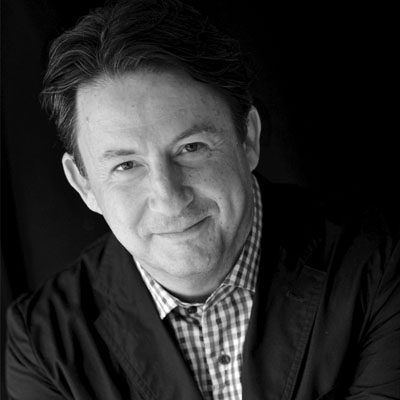
András Szántó is the founder of New York-based Andras Szanto LLC, which provides strategic counsel to museums, cultural organizations, commercial brands, and educational institutions worldwide in all phases of the conceptualization and implementation of strategic plans and cultural initiatives. Author and editor of numerous books and research reports, he has been a contributor to The Art Newspaper, The New York Times, Artforum, and many leading publications. His most recent book is The Future of the Museum: 28 Dialogues (Hatje Cantz 2020). András has taught art business and marketing at the Sotheby’s Institute of Art and served as director of the National Arts Journalism Program and the NEA Arts Journalism Institute, both at Columbia University.
